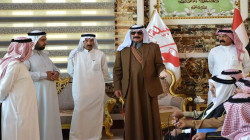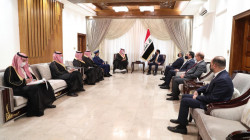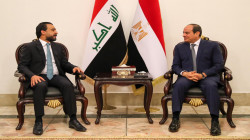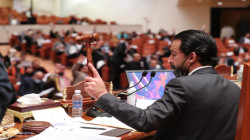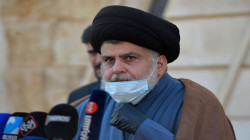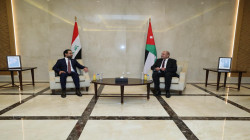Shiite parties lose to al-Halboosi in Baghdad, but wins the largest bloc of votes
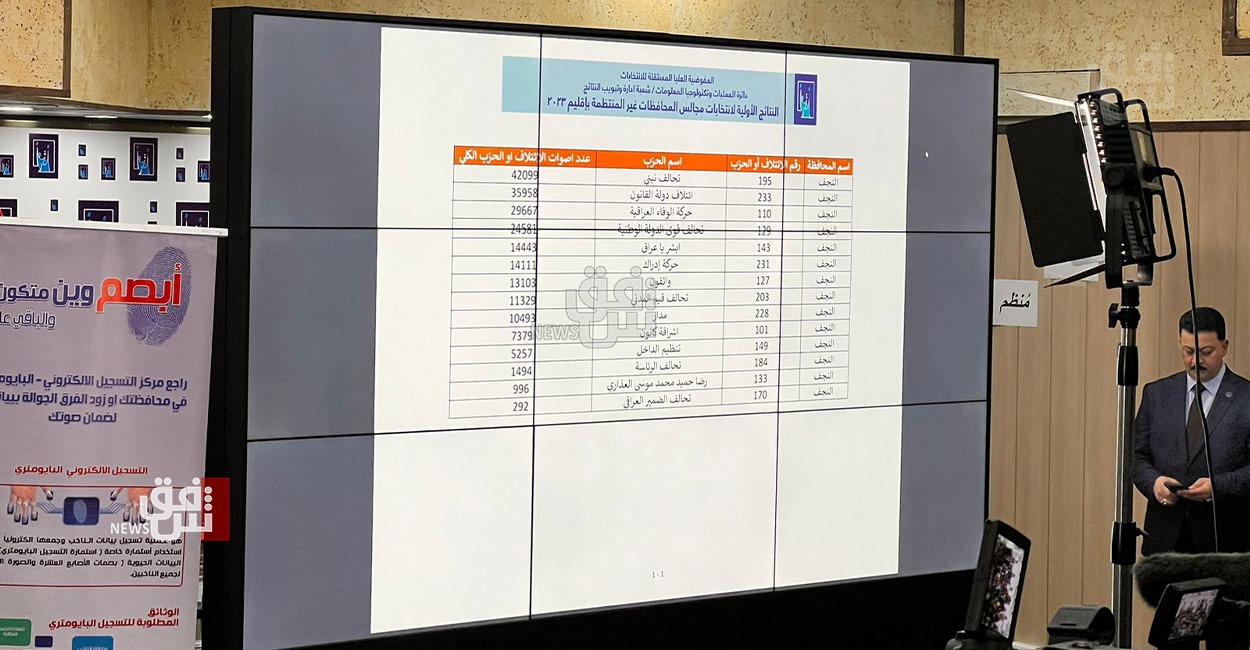
Shafaq News/ Parties that make up Iraq's Shiite ruling alliance together took the single-largest bloc of votes in Baghdad and most of the country's southern provinces in provincial council elections. However, they lost to Takadom, the Sunni party led by former Parliament Speaker Mohammad al-Halboosi, in Baghdad.
The election is seen as an indicator of the balance of power in a country where groups close to Iran have steadily gained influence, and comes ahead of 2025 parliamentary polls.
The results from the Independent High Electoral Commission, which included only raw votes and not the final seat allocation, show three electoral lists backed by the ruling Shiite Coordination Framework (CF) leading in most of the provinces.
They include a list backed by former prime minister Nouri al-Maliki; a list led by Hadi Al-Amiri's Badr Organization that began as a Shiite paramilitary, and other Iran-backed factions; and a list including cleric Ammar al-Hakim and former Prime Minister Haidar al-Abadi.
Amid a boycott by Shiite populist cleric Moqtada al-Sadr, their main political rival, the fractious parties that make up the CF competed on several lists, but said they would govern together following the vote.
They swept strongholds of al-Sadr as well as backers of the 2019 Tishreen anti-government protest movement, including Dhi Qar and Maysan provinces.
A notable exception came in the southern oil-rich province of Basra, where a list backed by popular governor Asaad al-Eidani won with a landslide of more than 250,000 votes, more than all of the CF-backed lists put together.
They CF already form the single-largest bloc in parliament and are the main backers of the current government of Mohammed Shia al-Sudani.
With their gains in local elections, the CF have further consolidated their hold on power in the country of 43 million.
In the northern oil-rich city of Kirkuk, the Patriotic Union of Kurdistan, a Kurdish party allied with the CF, took the most votes, followed by a Sunni Arab list and a Turkmen list. It also came first in Diyala.
The overall turnout was 41 per cent, according to the Independent High Electoral Commission, which announced only 94.4 per cent of the preliminary results.
Nabni (We Build) Alliance came first in the provinces of Babil, Dhi Qar, Diwaniyah, Najaf, and Maysan. It came second in Baghdad, Muthana, and Basra.
Al-Maliki's State of Law alliance came first in the province of Muthana and second in Maysan, Diwaniyah, Karbala, Babil, Wasit, Dhi Qar, and Najaf. It was third in Baghdad, Babil, Wasit, and Basra.
The Kurdistan Democratic Party (KDP) came second in Diyala, third in Nineveh, and fifth in Kirkuk.
The highest turnout of 66 per cent was registered in the contested and ethnically-mixed northern city of Kirkuk, which is claimed by Kurds, Arabs and Turkmen. It was followed by the Sunni-dominated provinces of Saladin, north of Baghdad, and Anbar, to the west, with 59 per cent and 57 per cent respectively.
The lowest turnout was in the Shiite-dominated provinces in southern and central Iraq as well as Baghdad, mainly due to the boycott al-Sadr and the pro-reform activists.
The vote took place in only 15 of the 18 provinces. Three provinces, which form the Kurdish region in northern Iraq, operate under a separate autonomous system.
